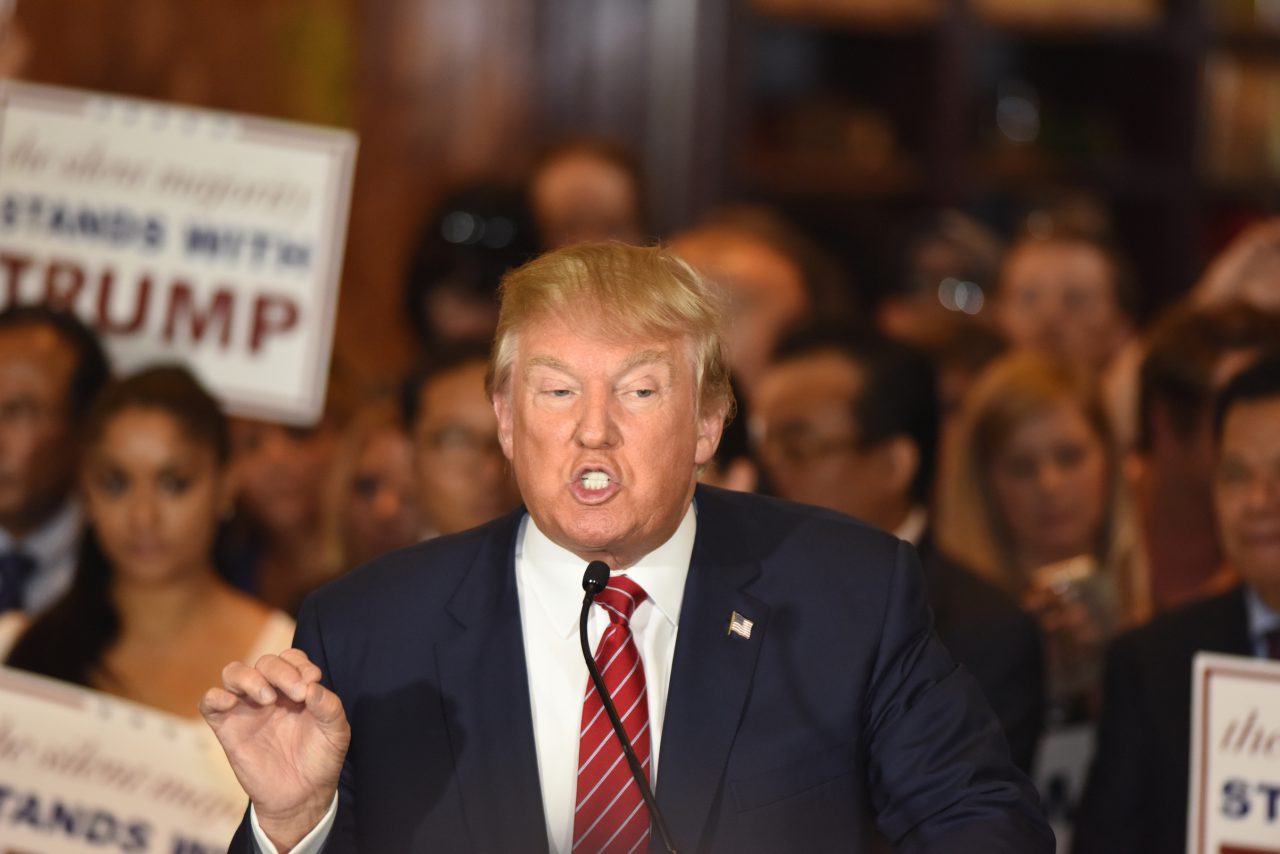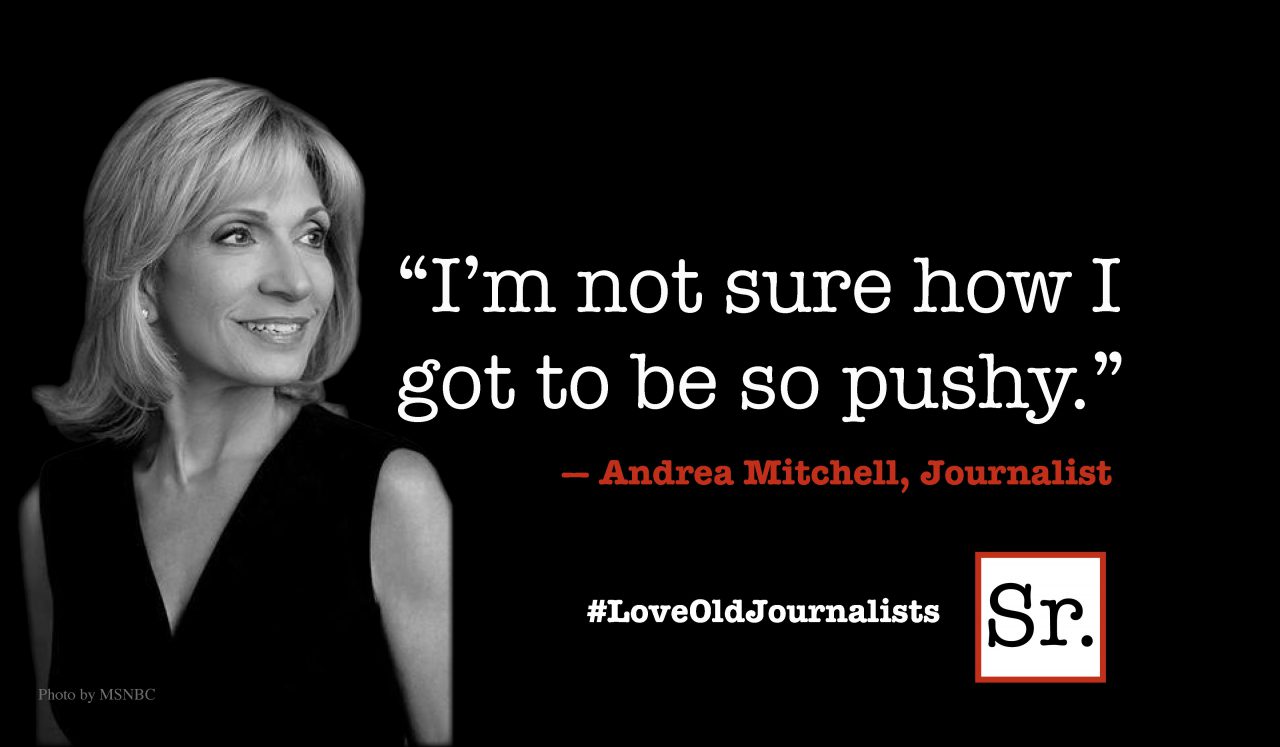Trump won. The election of 2016 was a long process, full of conflict and accusations. Some claimed that Trump was a bully, a narcissist, a racist, and a misogynist. Others called Mrs. Clinton a liar, a cheat, someone who should be thrown in jail. Neither was liked by a majority of their own party’s voters. In an upset, Trump won the electoral college, if not the popular vote.
Why did he win? The core of the people who elected him were angry at being left behind by the modern economy, and angry at being ignored by elites who did not understand them. Globalism and trade treaties had cost them the industrial jobs that once supported their families. White supremacists rallied to Trump's side.
The election was apparently tainted by interference from Russia, and by untimely and perhaps inadvertent help from the FBI director, who made public comments immediately before voters went to the polls on what turned out to be a non-issue concerning Clinton’s use of her email server. Regardless, Mr. Trump is President Trump. And he has full support from majorities in both houses and the majority of state governors and legislatures. Get used to it, we are told. Elections have consequences.
Yet one post-election effect was the rise of fear. The initial shock at Trump's triumph, a surprise shared by supporters and opponents alike, gave way to general anxiety in the days afterward. Based on Trump’s repeated threats to build a wall to keep out Mexicans, to prevent Muslims from entering the country, and to deport all illegal Latinos, many worried that he would follow those statements with deeds once in office. His enthusiasm for physical threats and intimidation added to the anxiety.
Nevertheless, the majority accepted the wisdom of the democratic process, saying we have to be good citizens and see what he does before we condemn him. President Obama was gracious, arguing for civility and acceptance. Within a few days of the election, life for most was returning to usual at work and at shopping centers.
Not for everyone, however. There were reports of increased racial threats and physical assaults against blacks and Muslims, often women, at schools in several parts of the country. KKK marches were held.
The radical right, or so-called “alt-right,” had their champion in the White House, and their unabashed leader, Steve Bannon, was installed as his senior advisor. Both he and Trump use “alternate facts,” or false news, as principal strategic tools, and try to devalue their opponents by ridicule and verbal abuse.
Trump's cabinet nominations, which could have alleviated the mounting worries, only escalated fear, as most of these leaders represent the extreme far right of the political spectrum. Trump compounded the fear by tweeting that he was really upset that he was not properly vetted when he signed an executive order that named Mr. Bannon as a member of the National Security Council. President Trump apparently had not read his executive order and was surprised at the content. Really? Who is in charge? Is Bannon a modern-day Rasputin, as some have suggested?
The reality of personal anxiety was brought home to me when I had a talk with a former student, an Asian-American woman of Chinese heritage, born in the United States, a medical professional and successful academic in mid-career. She was cautious speaking about the election, saying she was exhausted by it. Something told me she was upset, and it came up again.
It emerged that she is quite fearful, not for herself physically but for her friends and patients. How will Muslims, blacks, other people of color, gays, and people with disabilities be treated? Will families be separated by deportations of millions?
Most distressing to her was the discovery that many of her circle of friends and acquaintances can’t be trusted, that they are covert racists, intolerant of people of color, of people different from what they perceive to be mainstream America. "How do you know this?" I asked. She replied that she was searching Facebook entries by all of her friends, looking for racist messages or other signs of intolerance.
She concluded that many friends were not what she thought, including people with whom she worked closely. She can't be comfortable with anyone now until she knows they share her values and morals. Gradually she is narrowing her circle of friends to those whom she knows are worthy of her trust.
The extent of her fear surprised me, but I respected her opinions, and realized she was telling me something that I had not fully comprehended. But if we need to listen better in order to understand each other, how can that be done if we do not associate with others of different views?
Challenging times are ahead of us. We clearly need to respect each other and communicate better. The task is difficult. How can I, an elderly white male, really understand the threat felt by younger women who now fear that their rights to control their own reproductive future will be compromised by changes to the laws? Can I really put myself in the shoes of blacks, still beset by covert as well as overt racism, when they encounter new threats of racial violence or new types of Jim Crow behavior?
How must Muslims feel, surrounded by fear and hate? How do illegal Latinos feel, who after years of working in the United States and paying taxes, as they contemplate round-up raids and deportation? How do gays and lesbians feel, as they contemplate overthrow of laws that guarantee marriage equality? Can I, who have benefited from superb education and being a member of the upper middle class, economically secure, really understand the grievances that drive those who elected Trump, whose incomes have declined over the years, for whom job prospects are poor?
So I have learned something from the election, about myself and others. We need to work on understanding others with different views and experiences. This is particularly challenging when it comes to those from the far right, however, after Trump’s first three weeks in office. As many feared, he is a thin-skinned narcissist. He tries to control by tweets and threats, aiming his barbs at those who oppose him, his own CIA and security officers, some of the military, and even the judiciary. His far-right supporters seem to welcome this bullying.
In Trump's demeaning of the “so-called judge” who ruled against his hastily drawn up and enacted executive order that banned travel from seven principally Muslim countries, he appeared to be trying to control the outcome of an appeal before the judges had ruled. These behaviors would not be allowed by a district attorney.
This is the scariest thing yet, for with a legislative body that seems determined to do his bidding, the only thing that stands between an authoritarian president and total control is an independent judiciary, and perhaps states that insist on their right to sue the president. The deepest fear is that we may succumb to the apparent security of an authoritarian regime, as other countries have done repeatedly in stressful times. History does repeat itself. It can easily happen here.
We must stay informed, and not allow obfuscation by a deluge of tweets and angry and often untruthful words. All things pass. But four years is a long time, and much damage can be done.









